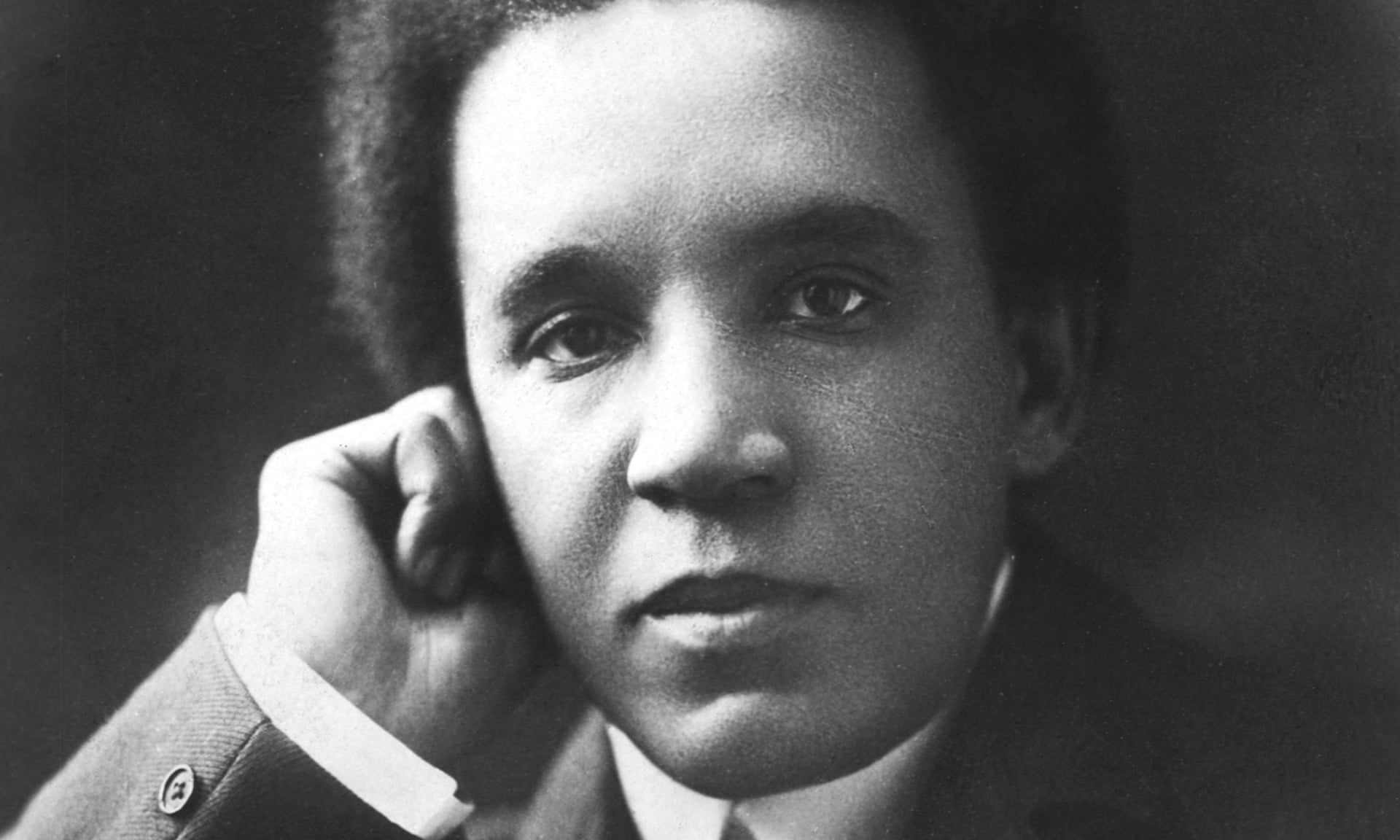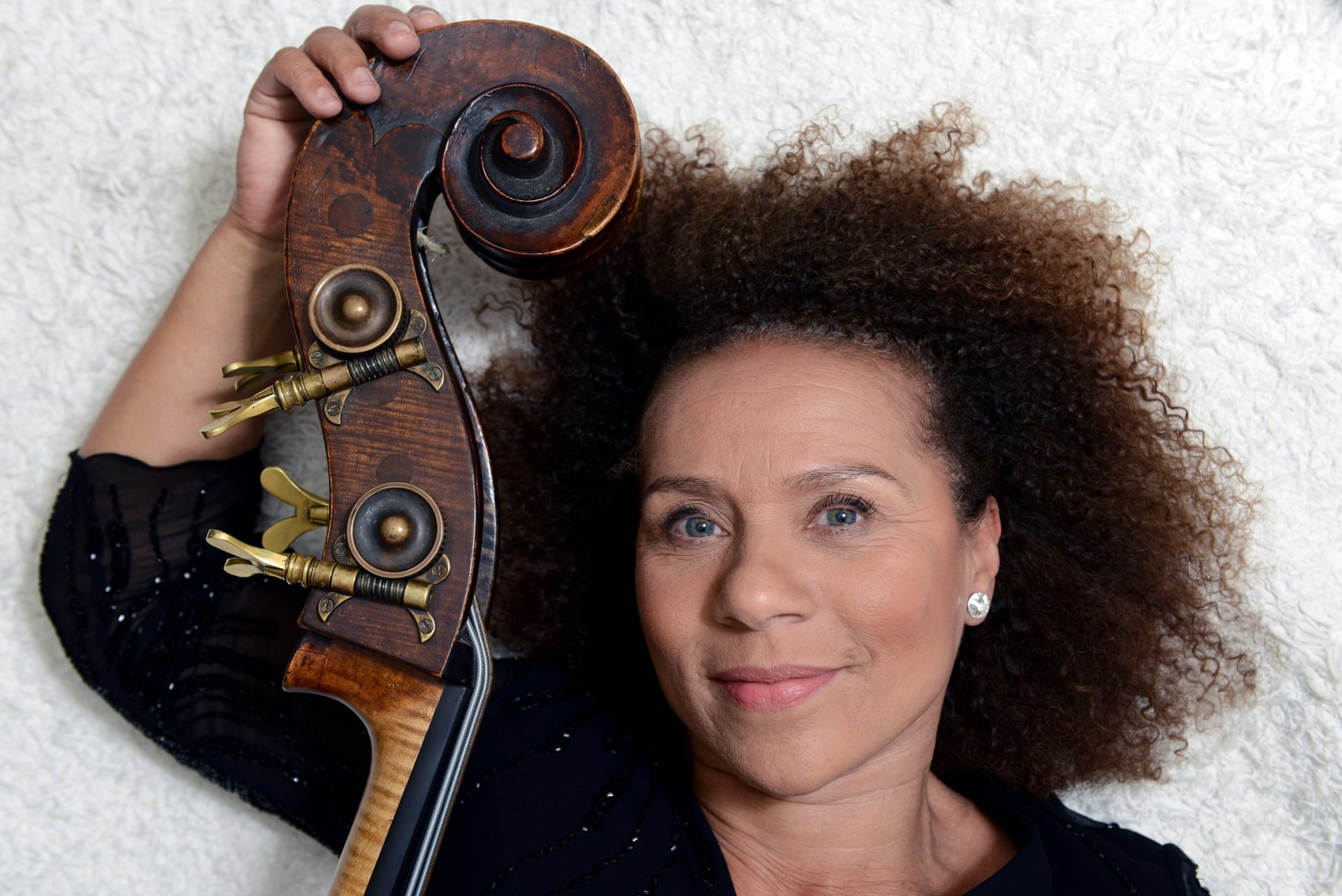The Many Faces of Korla Pandit
Los Angeles Magazine
June 2001
pages 73-77, 146-151
RJ Smith, Senior Editor

He was a handsome holy man, an organ virtuoso, a star from the East. Korla Pandit mesmerized generations–while keeping a secret until his dying day
Korla Pandit wandered the West, from big cities to hamlets, throughout his life. Wherever he went, he made the ground beneath his feet seem like the center of a vast turning wheel. However much he was on the move, he let those surrounding him feel they were the ones in motion. People—intersting, glamorous, bizarre people—came to him hoping he’d show them how to get to where he so blissfully stood. They wanted to feel his peace.
He was in his mid seventies when I met him seven years ago. We talked at a coffee shop that no longer exists, in what was the first of many conversations. I was interviewing him about the lounge music revival, which had led to a modest boost in the old man’s career. Soon I became one more neophyte snared by his beatific smile, his mysterious eyes, his strange stories of séances with Marilyn Monroe and how Liberace had stolen his very soul. When you got near Korla Pandit, he took you to some synthetic place.
He came, he explained, from halfway around the world. He had a privileged childhood in New Delhi, where his father, a Brahman, was a government bureaucrat and friend of Gandhi’s. His mother mas a French opera singer. Korla was playing the piano at the age of two; by five he was a prodigy. able to perform complicated pieces after hearing them only once. He studied in Europe, then came to the United States when he was 12. and later attended the University of Chicago.
As Korla prepared to leave his family behind and begin the life of a professional musician on the stages of the West, his father gave him a warning: “Son. get your education first. Show business is a dangerous world. You’re a hero today and a bum tomorrow.” In recounting the story Korla would pause and then add, “Well, he sure knew what he was talking about.” Korla came anyway, and he conquered the West, or at least the West Coast, and especially Los Angeles. His TV show, Adventures in Music with Korla Pandit, was the first all-music show on television, and Korla was one of the first stars of the medium.
As it happened, I attended the last performance Korla ever gave. It was in 1998 in San Francisco, at a lounge renovated to 1950s vintage called Bimbo’s. There were paintings of clowns, and the carpet, banquettes. and walls were as red as tenderloin. A mermaid swam in a large aquarium over the bar. Bimbo’s was a lot like Korla himself. an exemplar of a distant time that once embodied suave sexuality but now registered as camp…
…There was a joke made often in the vicinity of Korla, passed along by any who spent time with him. Everybody who told it seemed to think they were the first to make the crack. The thing about Korla, we’d say, was that while he never spoke on his television show, in person he was hard put to stay quiet. Korla loved to talk, about India and his past and the meaning of life. But for all the talking he did, he kept a secret, one that he protected all his life. Korla Pandit wasn’t his real name, and he wasn’t Indian at all. He was African American…
Read the entire article here.




